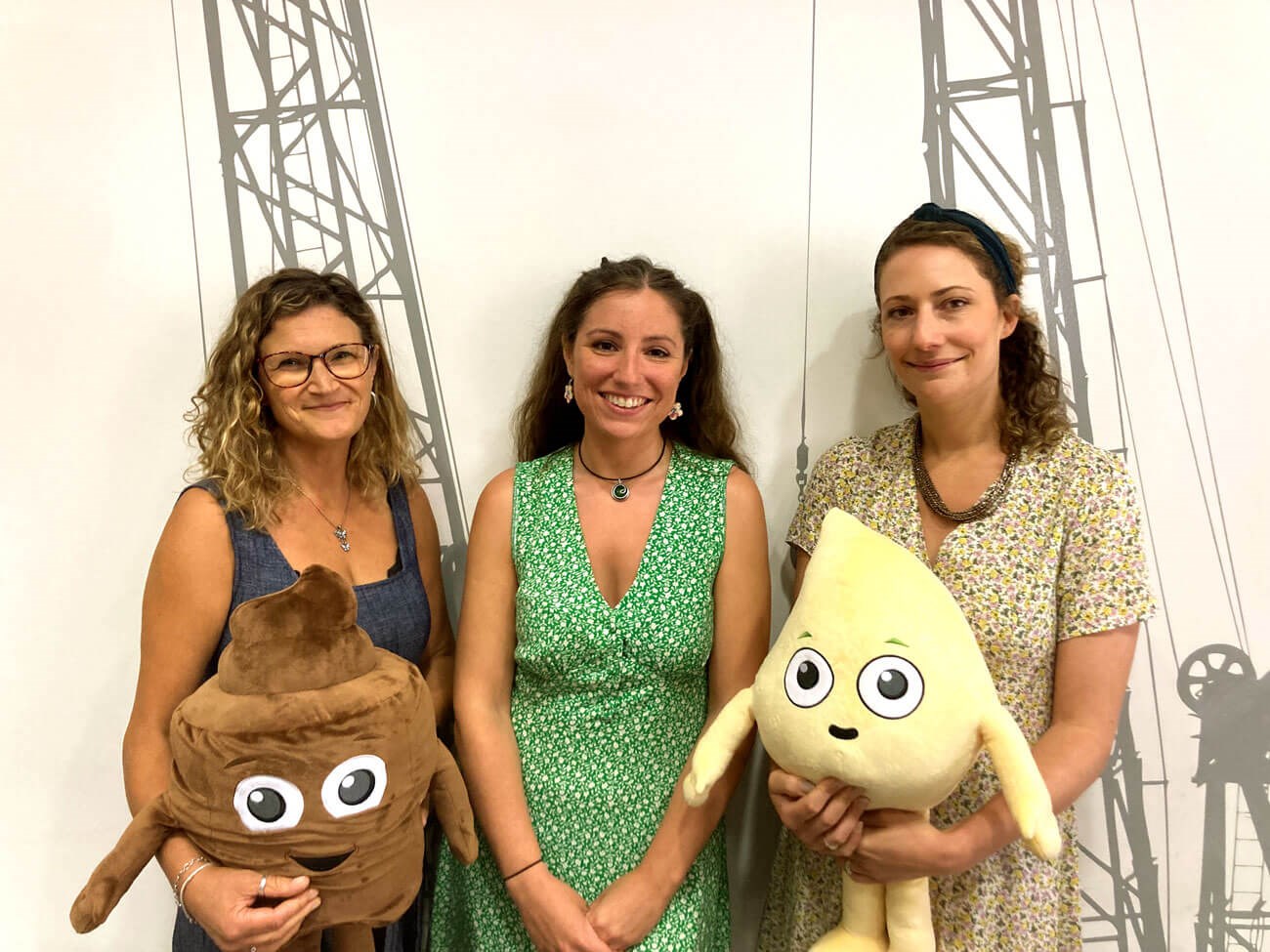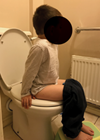- CHARITY FOCUS -
Like many organisations and charities, COVID-19 generated a rapid period of adaptation and diversification for ERIC, The Children’s Bowel and Bladder Charity. Their Head of Communications, Alina Lynden, explains what this meant for the organisation and the impact it’s had on their services in a post pandemic landscape.
The ‘COVID’ effect on NHS services
During the first wave of Covid, the negative impact on children’s continence services was huge as healthcare professionals were re-deployed. Many services offered reduced availability or closed completely*.
With NHS services cut back, our free bladder and bowel helpline and website resources became a lifeline for parents and carers.
Surviving then thriving – ERIC during COVID
The beginning of lockdown, back in March 2020, meant we experienced a drastic drop in income from our shop and training programme. Most of the ERIC team were furloughed. However, with the help of generous donations from our service users, supporters and emergency funding from the Charities Aid Fund, we managed to keep our helpline open so that families could continue to access one-to-one support.
Restarting services and going digital
As lockdown restrictions eased, our services were able to hit the ground running – with our online shop providing products to help families cope and generating income to fund vital services. An expanded range of products includes a variety of reminder watches which are a great way to prompt children to take medication, drink and use the toilet.
Online training opportunities
Another outcome of the pandemic has meant that our training programme for health and education professionals transferred online. This proved to be hugely successful reaching many more people than we previously have via face-to-face training.
Looking ahead
We continue to develop our virtual information and learning offering for parents, carers, healthcare, school and early years sectors. Thanks to an award from The National Lottery Community Fund, we are embarking on an exciting three-year programme to further develop ERIC’s Family Services for our communities across England.
Follow ERIC and stay up to date
To get all our latest news, up to date resources and training dates:
- Sign up for our online newsletter by emailing web@eric.org.uk
- Keep an eye on our website www.eric.org.uk
- Follow us on social media
– Facebook: ERIC.UK1
– Twitter: ERIC_UK
– Instagram: eric_charity
Patient perspective
Childhood continence problems are common with about 900,000 children affected (NHS England, 2018) although this is considered an under-estimate.
The scale of the problem is huge with associated embarrassment and shame, impacting negatively on young lives. One of whom has bravely decided to share her story.

Some of the helpline team (photo reproduced with permission of ERIC).
Philippa is 14 years old and lives in Wigan. In 2021, she joined a group called ‘ERIC Young Champions’ which was set up to review and improve the charity’s age relevant resources for teenagers and raise awareness of continence conditions.
Philippa shares her story to show people how her life has been and to help other young people who may have to catheterise in the future…
"I have to self-catheterise three to four times a day due to a condition diagnosed as an overactive bladder. However, I still do not have an answer as to how and why it happened. I now have Botox injected into my bladder three times a year in order to paralyse my bladder. As my bladder no longer works at all, I have to catheterise.
How my condition began
One night when I was eight, I got a sharp pain in my lower left stomach. I went to the hospital and they said there was nothing wrong and they just sent me back home. This happened multiple times until we decided to go to Alder Hay Children’s Hospital in Liverpool where they kept me in and ran some tests. They could not find anything wrong, but my bladder just stopped working. I lost all control over my bladder and tried many medicines and treatments; however, nothing really worked.
After over a year, we decided to try Botox which completely paralysed it so it could not release any urine. For this reason, I self-catheterise to drain my bladder and stop my kidneys being affected.
How it affects everyday life
It affects me every day as I’m always thinking “Do I have my catheters?” “When do I need to use the bathroom?”. In school I must leave lessons to use the bathroom as I have to go every three hours. This can cause stress as I get embarrassed having to leave. For this reason, I have a toilet pass so no questions are asked. It can also be a stress if the toilets are not clean as this can cause infection.
Managing my condition
Over the years I have got used to the whole process and do not think much of this now. However, I do still feel the effects and have had to develop methods or things to make my everyday life easier. For example, to prevent infection, I carry wipes, hand gel and spare catheters around with me so I can make sure I am hygienic when I have to go. I take antibiotics every night to try and help fight any infections and I just try and plan ahead for long journeys or days out.
What support do I wish young people who are catheterised had?
I just think that more resources would be helpful. Books or articles about how to use a catheter would have been useful to me. I also think all toilets in public should have bins to dispose of things like this.
Advice I would give to other young people who do have to or will have to catheterise
I would say don’t worry too much as it may feel like a really big thing at the minute but you do get used to it. Over time you learn how to use the catheters and get used to all of the things that are helpful to do. I think that you should tell people how you feel and ask them if you are unsure about anything.
Managing at school
Have a look at the resources you can get and try and figure out how you will do it at school. In my experience I think you should tell school so they can accommodate you and put things in place to make life easier for you at school. I have a toilet pass so that no teachers question when you need to use the bathroom. This really helps as it takes a lot of stress of wondering if you will be allowed to go.
And finally...
I would always say talk to doctors if you are unsure as catheterisation is not the same for everyone. Overall, please don’t be ashamed and do speak to people if you feel worried.Some of the helpline team (photo reproduced with permission of ERIC).
Footnote*
In June 2022, the Paediatric Continence Forum published results of a freedom of information request sent to NHS organisations in England, Scotland, Wales and N Ireland. This highlighted continued disparities in children’s continence service provision across the UK. The report also revealed that, in 2021, almost half of NHS organisations across the UK failed to provide services for all areas of children’s bladder and bowel issues, while just 38% of services were integrated with all issues treated in one place. In addition to the suggestion of increasing disparity of provision geographically, these worrying findings indicate variable levels of resourcing across services (Paediatric Continence Forum 2022).






